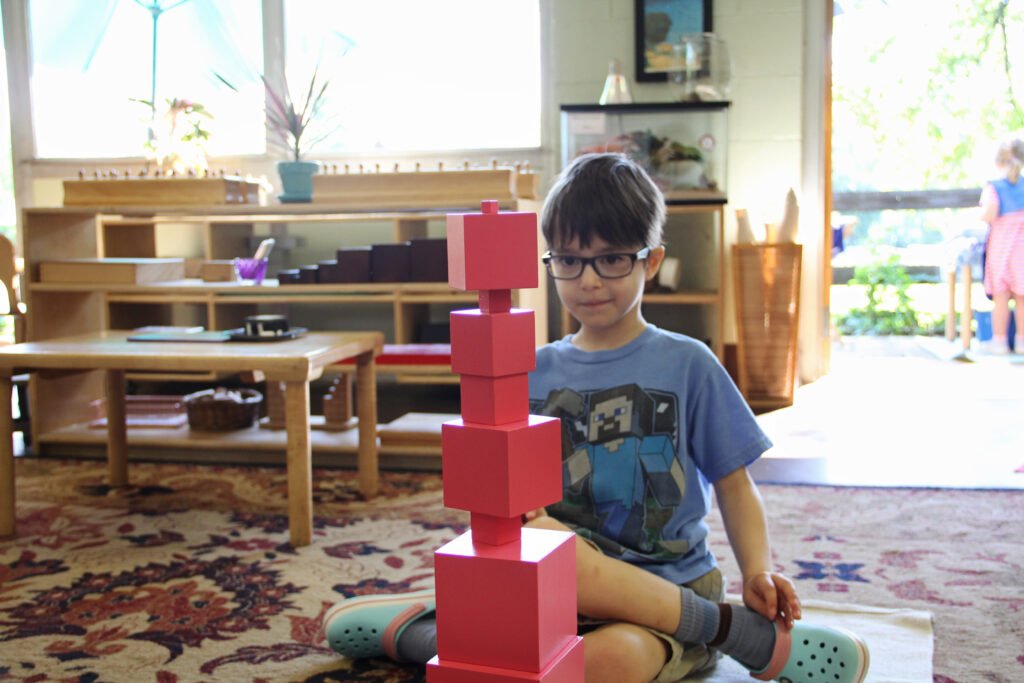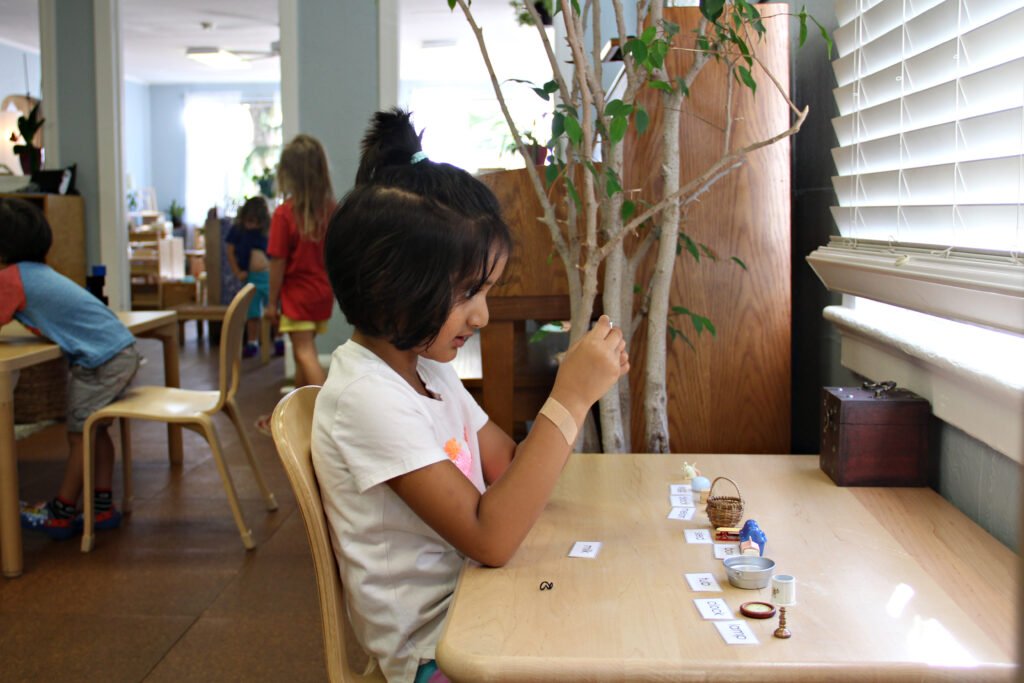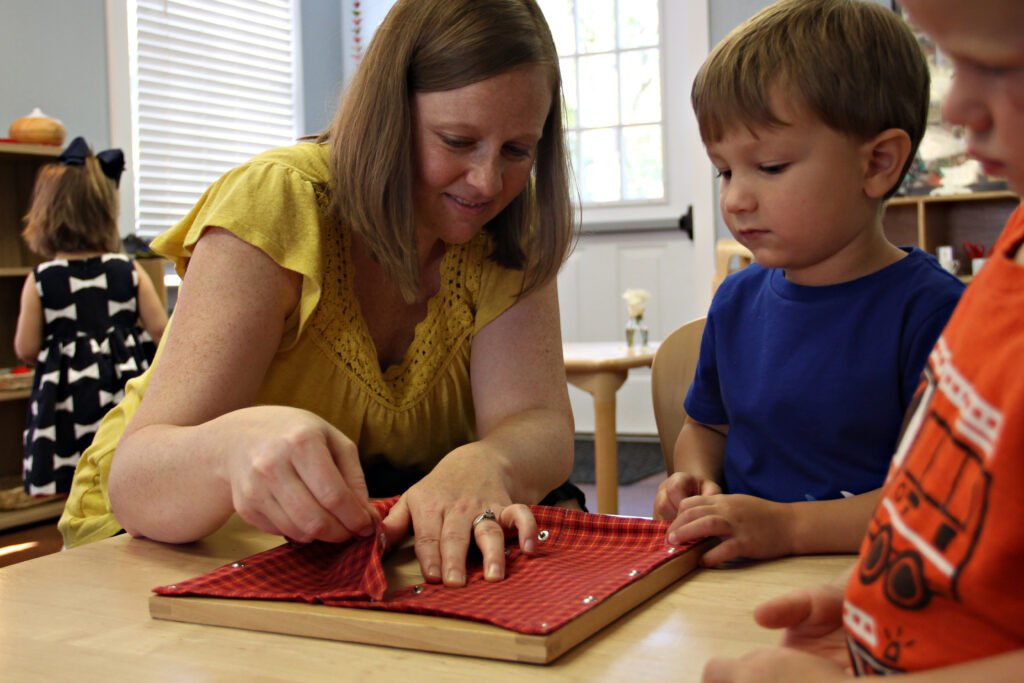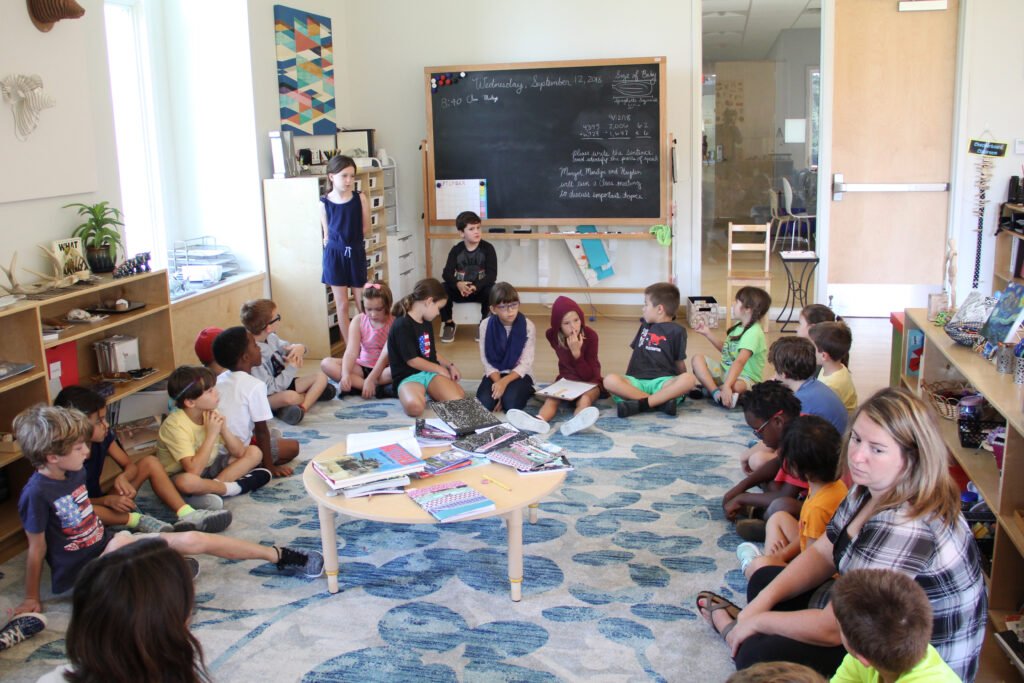Executive Functions… (Part 1: Introduction)
Montessori offers such a full and complete education to children. One prime example of what Montessori offers children can be seen in that the pedagogy naturally supports the development of executive functions. In this post, we'll take a look at executive functions, touching lightly on some of the ways Montessori classrooms support their development. More to come on executive functions and the classroom as well as how you can bolster the development of executive functions at home.Executive function is generally thought of as being comprised of three core functions: inhibitory control, working memory and cognitive flexibility. Inhibitory control can be broken down into self-control and selective attention. Self-control is a person’s ability to intentionally refrain from doing something. Selective attention is the ability to choose to focus on one thing (e.g., talking to one person at a party without being distracted by the other conversations around you).
Inhibitory control can be broken down into self-control and selective attention. Self-control is a person’s ability to intentionally refrain from doing something. Selective attention is the ability to choose to focus on one thing (e.g., talking to one person at a party without being distracted by the other conversations around you).
 Working memory refers to holding information in your mind and doing something with it. This ability is vital for understanding change over time, following direction, reading and doing mental math.
Working memory refers to holding information in your mind and doing something with it. This ability is vital for understanding change over time, following direction, reading and doing mental math. Cognitive flexibility is the ability to switch from task to task or to take in new information and reformulate your thinking based on the integration of new information (e.g., admit to making mistakes or to being mistaken!). What a great skill to have as an adult! And how we long for our children to have this ability.
Cognitive flexibility is the ability to switch from task to task or to take in new information and reformulate your thinking based on the integration of new information (e.g., admit to making mistakes or to being mistaken!). What a great skill to have as an adult! And how we long for our children to have this ability.
 From these three core functions grow the more complex functions of problem solving, reasoning and planning. It’s easy to see why executive functions are so important not just for success in school but also in life. More to come...Bibliography: Diamond, Adele. (2014). Executive Functions: Insights into Ways to Help More Children Thrive. Zero to Three Journal, 35(2), 9-17.Thanks as always to Melinda Smith for sharing her photographic brilliance.
From these three core functions grow the more complex functions of problem solving, reasoning and planning. It’s easy to see why executive functions are so important not just for success in school but also in life. More to come...Bibliography: Diamond, Adele. (2014). Executive Functions: Insights into Ways to Help More Children Thrive. Zero to Three Journal, 35(2), 9-17.Thanks as always to Melinda Smith for sharing her photographic brilliance.

